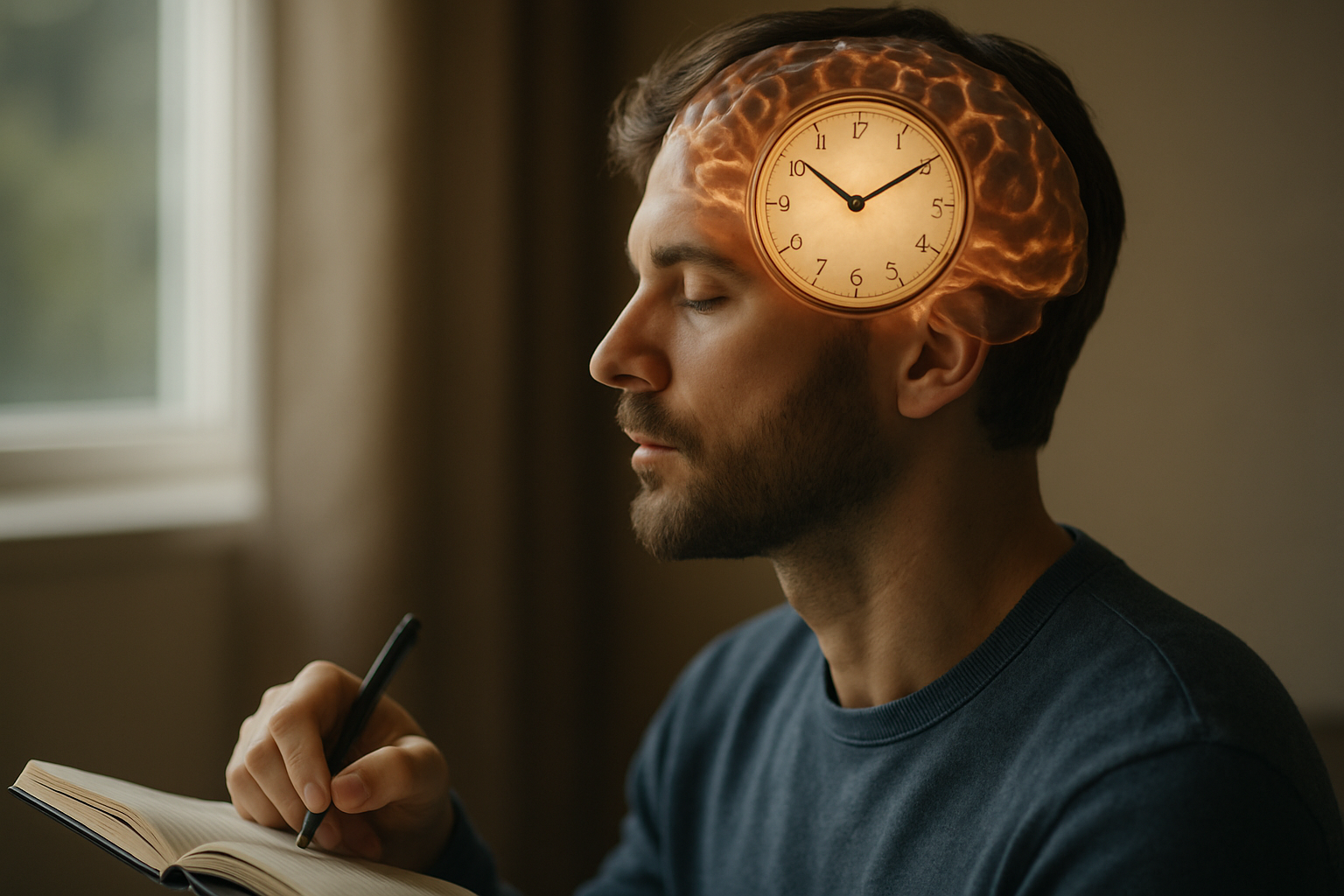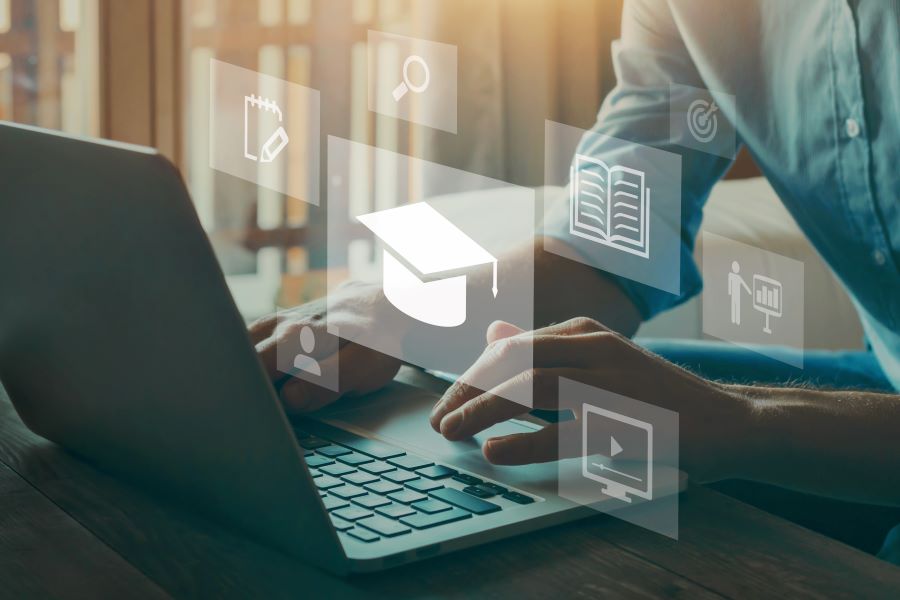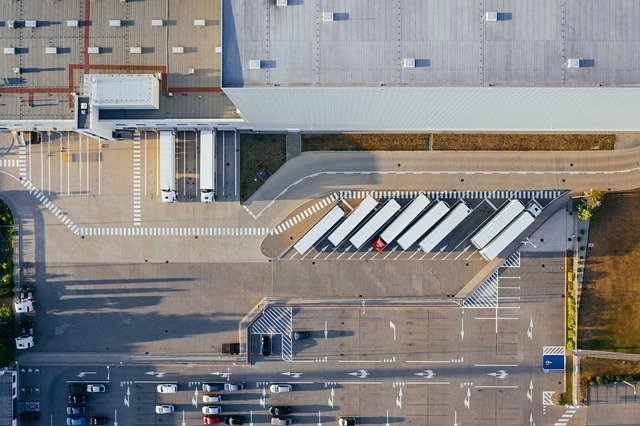Chronesthesia: Harnessing Mental Time Travel for Enhanced Well-being
Imagine being able to journey through time, not with a physical machine, but with the power of your mind. This isn't science fiction – it's a fascinating psychological phenomenon called chronesthesia. How can this ability to mentally time travel impact our health and well-being? What if we could harness this innate capacity to reduce stress, improve decision-making, and boost overall life satisfaction?

Research has shown that chronesthesia is not just a passive recollection or imagination exercise. It actively shapes our present behavior, emotions, and decision-making processes. When we engage in mental time travel, we’re essentially creating a simulation of past or future events, allowing us to learn from previous experiences and plan for upcoming challenges.
The Health Benefits of Chronesthesia
Engaging in deliberate mental time travel can have profound effects on our well-being. Studies have demonstrated that individuals who regularly practice chronesthesia tend to exhibit:
- Reduced anxiety and stress levels
- Improved emotional regulation
- Enhanced problem-solving skills
- Greater empathy and social understanding
- Increased motivation and goal-directed behavior
By consciously leveraging our ability to mentally time travel, we can potentially rewire our brains for better health outcomes. This practice allows us to gain perspective on current challenges, find comfort in past successes, and visualize positive future scenarios.
Chronesthesia and Emotional Resilience
One of the most significant benefits of harnessing chronesthesia is its potential to build emotional resilience. By mentally revisiting past challenges and how we overcame them, we can boost our confidence in facing current obstacles. Similarly, imagining positive future outcomes can provide hope and motivation during difficult times.
Research from the field of positive psychology suggests that individuals who regularly engage in positive future-oriented thinking tend to have higher levels of optimism and life satisfaction. This mental practice can act as a buffer against stress and depression, promoting overall mental health and well-being.
Practical Applications in Daily Life
Incorporating chronesthesia into our daily routines doesn’t require complex techniques or equipment. Simple practices like journaling, guided visualization, and mindfulness exercises can help us tap into this powerful cognitive ability. Here are some practical ways to use mental time travel for enhanced well-being:
- Morning visualization: Start your day by imagining a successful, productive future scenario.
- Gratitude reflection: Regularly revisit past positive experiences to boost mood and appreciation.
- Problem-solving technique: When faced with a challenge, imagine how your future self might handle it.
- Stress reduction: Visualize a calm, peaceful future setting when feeling overwhelmed.
- Goal setting: Use mental time travel to vividly imagine achieving your long-term goals, enhancing motivation.
The Role of Chronesthesia in Personal Growth
Beyond its immediate health benefits, chronesthesia plays a crucial role in personal growth and self-improvement. By mentally projecting ourselves into the future, we can set more meaningful goals and develop clearer pathways to achieve them. This process, known as prospection, allows us to simulate various outcomes and make more informed decisions in the present.
Moreover, the ability to vividly recall past experiences can help us learn from our mistakes and reinforce positive behaviors. This retrospective analysis, when done constructively, can lead to increased self-awareness and personal development.
Chronesthesia Wellness Tips
- Practice daily future visualization for 5-10 minutes
- Keep a gratitude journal to enhance positive past recollections
- Use mental time travel to rehearse upcoming challenging situations
- Engage in mindfulness meditation to strengthen present awareness
- Create a vision board to reinforce positive future scenarios
- Share past success stories with others to boost collective motivation
- Use chronesthesia to empathize with others by imagining their perspectives
In conclusion, chronesthesia represents a powerful tool for enhancing our overall well-being. By consciously harnessing our innate ability to mentally time travel, we can reduce stress, improve emotional resilience, and make better decisions. As we continue to explore the potential of this fascinating cognitive process, it becomes clear that the key to a healthier, more fulfilling life may lie in our capacity to traverse the landscape of our minds through time.





